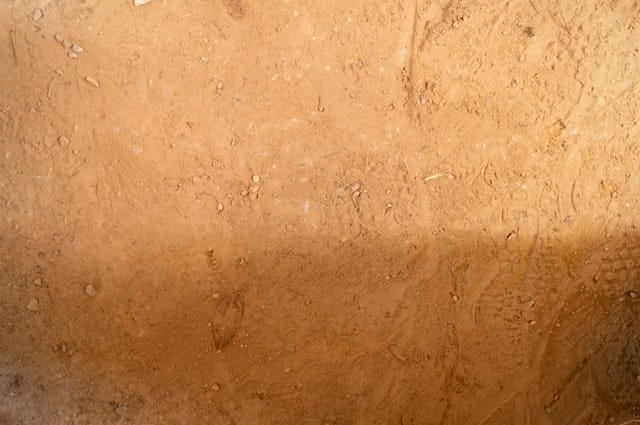An Eve-of-Death Object Lesson
4/21/25 Object Lesson (John 13)

I wonder at times how we would live our lives differently if we knew the end of our days. None of us are guaranteed tomorrow, and yet probably everyone reading this will still be here tomorrow. Nevertheless, we don’t know when our time will come. If we knew it, I wonder how it would impact our daily choices. If tomorrow was our last day, how would we live today?
Well, unlike us, the Lord Jesus knew the day He would be departing. Today’s chapter begins,
“Now before the Feast of the Passover, when Jesus knew that his hour had come to depart out of this world to the Father…” (Jn. 13:1a).
The setting for John 13 is Jesus knowing His time was short. Truly, John 13-19, a huge chunk of John’s Gospel takes place over a 24-hour period. With one night left, before Jesus teaches in word (Jn. 14-16) or prays for His disciples (Jn. 17) He takes some time to offer a wild object lesson.
Knowing that this was His last night on earth, the Lord Jesus takes up a towel and water basin and proceeds to wash His disciples’ feet. Now, in those days, it was customary for hosts to provide water for their guests to wash their own feet.[1] Walking around without modern shoes it would make sense for feet to get pretty gross—whether it be just dust and dirt, or at times worse depending on how people disposed of their waste. But washing of another’s feet was reserved for servants. Scholar, Craig Keener states,
“Disciples would do for their teachers almost anything a slave would do—except deal with their feet, which was considered too demeaning for a free person.”[2]
Foot-washing was something so humble that it was reserved for those who didn’t have a choice, and yet the Lord Jesus, the Messiah sets aside time on the eve of His death in order to wash the feet of His disciples. Surely this is something none of us would desire to do!
But Jesus wasn’t just doing this to be kind, for this was now an object lesson for the greatest Teacher to teach His students. Jesus concludes,
“You call me Teacher and Lord, and you are right, for so I am. 14 If I then, your Lord and Teacher, have washed your feet, you also ought to wash one another’s feet. 15 For I have given you an example, that you also should do just as I have done to you. 16 Truly, truly, I say to you, a servant is not greater than his master, nor is a messenger greater than the one who sent him. 17 If you know these things, blessed are you if you do them” (Jn. 13:13-17).
If the King of Heaven was willing to wash the disgusting feet of His first-century disciples, then certainly nothing should be beneath us as His followers. We should never consider a job of service to be something reserved for others because we’re “too good” to do such a thing. This is the lesson Jesus was aiming to teach.
Truly any act of service we offer to others in Jesus’ name, pales in comparison to what He did. Not only did He serve His disciples by washing their feet, but ultimately by giving His life for them, and for us (see Mk. 10:45). If He was willing to stoop so low, then certainly I ought to be able to as well, for He is the teacher, I’m the student.
What lowly task might you do for another today in light of Jesus’ example?
[1] Craig S. Keener, John, ed. Clinton E. Arnold, vol. 2A of Zondervan Illustrated Bible Backgrounds Commentary (Grand Rapids, MI: Zondervan, 2019), 137.
[2] Ibid., 139.

